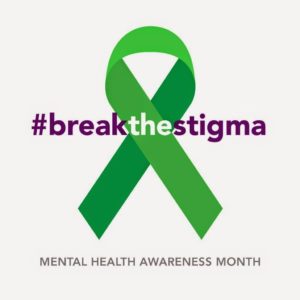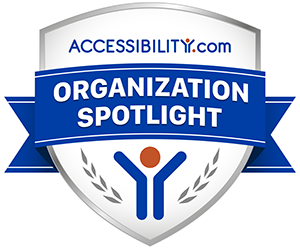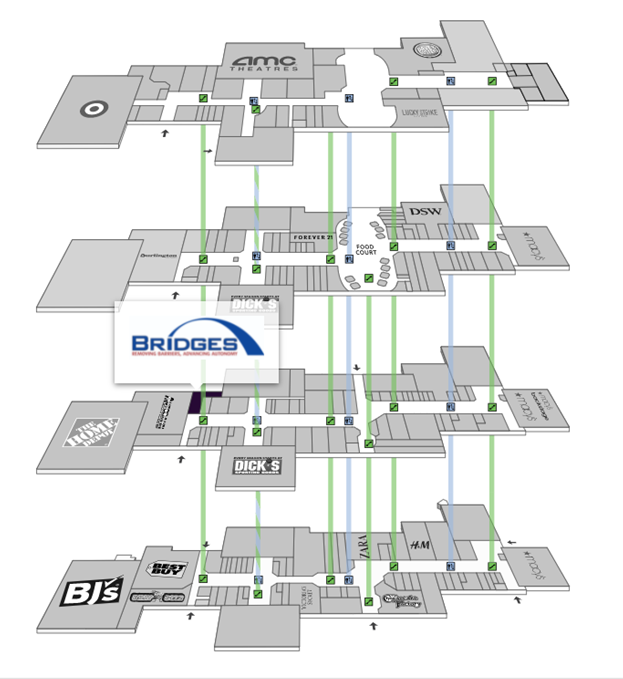
Mental Health Awareness Month #breakthestigma
May is Mental Health Awareness Month. It comes at a time when many people are experiencing anxiety and depression during the COVID-19 pandemic. The upside is that we are experiencing a shift in public perception of mental health. Resources are readily available and people are encouraged to seek support.
The National Institutes of Health define mental illness as “a health condition that changes a person’s thinking, feelings or behaviors (or all three) and causes a person distress and difficulty in functioning.” Over the course of a lifetime, every family is affected in some way by mental illness. Some statistics: 1 in 5 adults in America experience a mental illness. Nearly 1 in 25 (10 million) adults in America live with a serious mental illness. One-half of all chronic mental illness begins by the age of 14; three-quarters by the age of 24. Approximately 10.2 million adults have co-occurring mental health and addiction disorders. Anyone can have a mental illness just as they can have a physical illness. No one asks for either one. We need to show compassion for people living with mental illness just as we would for people with cancer, diabetes, or heart disease.
May is a time to raise awareness of those living with mental or behavioral health issues and to help reduce the stigma so many experience. Stigma is a barrier to accessing mental healthcare. Not only does mental illness cause pain, distress, and loss, but it can trigger a social reaction — prejudice — which is as limiting as the condition itself. People with mental illness have said that stigma, how people judge them, is a barrier to a full life. Reducing stigma encourages people to seek the help they need for what we know are treatable conditions – and can result in significant improvements in individual and family lives.
Some ways to reduce stigma:
Educate yourself and others.
- Be conscious of language.
- Get treatment.
- Don’t isolate yourself.
- Don’t let stigma create self-doubt and shame.
- Join a support group.
We have an extraordinary opportunity to reduce the stigma and improve the understanding of mental health. BRIDGES is a valuable community resource for anyone in need of assistance. In addition to providing information and referrals for treatment, BRIDGES provides online video support groups with Mental Health and Recovery Peer Specialists, Anxiety Workshops, Veterans Support Groups, Neuro-Queer support groups, and more. For information, call 845-624-1366 or
Visit our website www.bridgesrc.org and social media pages: https://www.facebook.com/bridgesnewcity and https://twitter.com/bridges_rc.
During this Mental Health Awareness month, remember to reach out to those who may be isolated and need some extra support. You could be saving a life.




